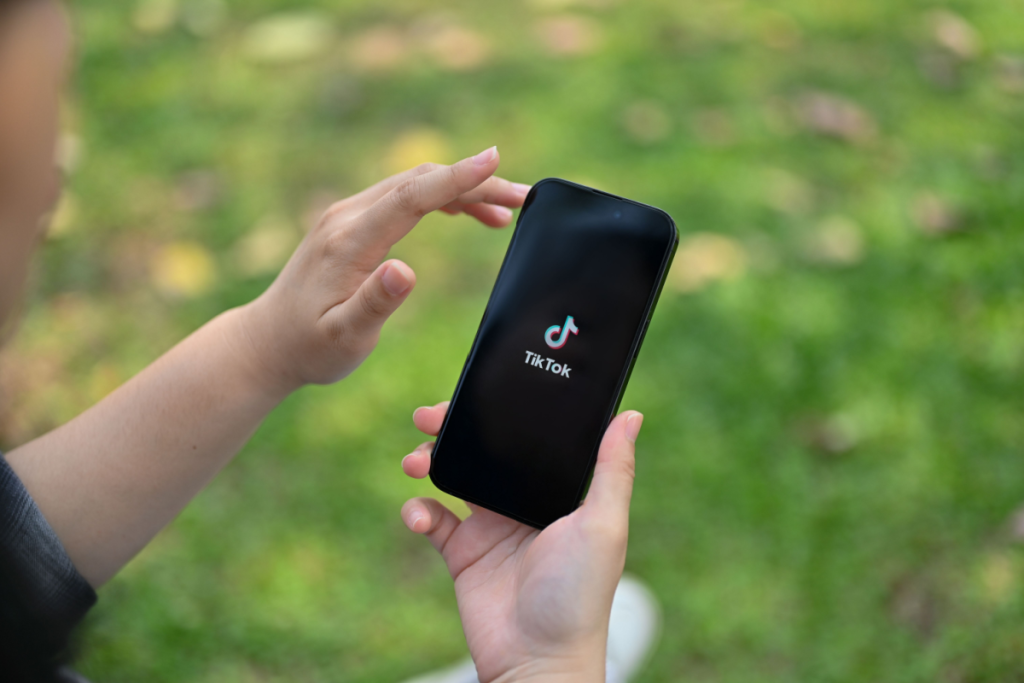The Trump administration’s approval of a U.S.-led takeover of TikTok has raised new concerns about government intervention in private markets. While investors agreed to a multibillion-dollar “fee” to the federal government as part of the deal, critics argue the arrangement reflects a growing pattern of crony capitalism that could reshape American business practices.
TikTok Takeover and Federal Fee
A coalition of U.S. investors, including Oracle’s Larry Ellison, the Murdoch family, and Andreessen Horowitz, is set to acquire TikTok’s U.S. operations. According to reports, the group was asked by the Trump administration to contribute a payment in the “low billions” to the federal government. The investors quickly agreed, describing it as a cost of doing business under current conditions. Oracle will host TikTok’s U.S. data, while ByteDance retains a minority stake and licenses its algorithm for retraining based on American users.
A Pattern of Business Interventions
This approach follows other high-profile interventions. The White House recently secured 15% of Nvidia and AMD’s China chip sales, took an equity stake in Intel, and negotiated settlements with major media companies such as CBS and ABC. These deals often came with concessions benefiting the administration, from funding Trump’s presidential library to changes in corporate governance. Critics say this reflects a broader strategy of extracting value from companies through regulatory leverage.
Crony Capitalism Concerns
Economists and legal experts warn that such practices erode free-market principles. Luigi Zingales of the University of Chicago noted that businesses may now prioritize political loyalty over innovation. Yale professor Jeffrey Sonnenfeld described the deals as “shakedown schemes,” adding that CEOs privately express alarm but remain silent due to fear of retaliation. Analysts argue that these arrangements increase costs for taxpayers, investors, and consumers while undermining confidence in fair market competition.
Media and Political Dimensions
Media organizations have also been drawn into the pattern. Both ABC and CBS made multimillion-dollar settlements with Trump-linked foundations, coinciding with regulatory approvals of corporate mergers. Meanwhile, outspoken critics such as late-night host Jimmy Kimmel have faced direct political pressure. Observers point to the involvement of Trump’s allies, including the Murdochs and Ellison, in high-stakes business deals as evidence of rewards for loyalty and friendly coverage.
The TikTok acquisition underscores how the Trump administration has reshaped corporate negotiations, blending politics with private enterprise. While investors see compliance as a pragmatic cost, critics warn that the normalization of such practices threatens the foundations of U.S. capitalism. As the deal moves forward, the balance between government authority and market independence remains a central concern for executives and policymakers alike.


